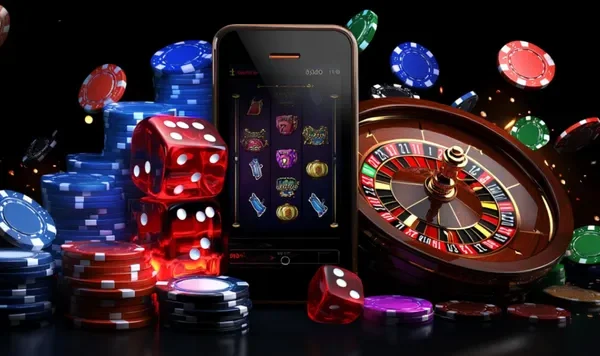Gamblers desire a sense of control when playing games of chance, so using lucky charms or rituals to give themselves this sense can give them that edge they need.
Researchers have explored various facets of luck. They have determined that individuals often view luck as either an external force, an explanation for events, or simply an attribute associated with oneself.
Superstitions
Superstitions are beliefs that link unrelated events and defy scientific wisdom, often contradicting current understanding. Their origin lies in cultural traditions, personal experiences and an insatiable need to control random elements – like luck. From crossing your fingers when betting to refusing to visit restaurants with 13 seats on them – superstitions have real-world ramifications.
Many casino gamblers have their own special superstitions when it comes to casino gaming, such as wearing lucky charms or avoiding the number 13. Such rituals give a false sense of control over randomness of casino games while helping people cope with uncertainty associated with winning or losing.
Reasons behind superstitions’ effectiveness may include the placebo effect and confirmation bias: gamblers remember those times their superstitions appeared to work while overlooking those which didn’t. Furthermore, researchers discovered that men were more likely than women to believe in superstitions and that these believers took greater financial risks while playing skill games.
Confidence
Luck has recently become a key topic of both psychological and philosophical studies, particularly within philosophical discourses that center around moral and epistemic dimensions of luck. Discussions of luck typically revolve around two related debates regarding moral versus epistemic implications.
People who consider themselves lucky tend to be more confident in their abilities than those who perceive themselves as unlucky, and are more likely to engage in riskier gambling behavior due to believing their good luck will continue – which often ends up becoming self-fulfilling prophecies.
Holub (2003) designed the Gambling Cognitions Inventory (GCI), a 40-item measure which assesses cognitive distortions related to Luck/Chance and Skill/Attitude. This index revealed correlations between overconfidence in one’s ability to win at casino gambling and risky bets made. These irrational beliefs were associated with various forms of problem gambling behavior including gambler’s fallacy and superstitious rituals exhibited by problem gamblers.
Self-esteem
Superstitious rituals used by gamblers such as blowing on dice or holding onto lucky charms may create the Illusion of Control; a cognitive bias known as selective memory which causes people to remember times their luck-enhancing rituals worked more often than they didn’t, reinforcing beliefs in luck-enhancing rituals and increasing gambling activity.
The Gambling Cognitions Inventory (GCI) is a 40-item measure of cognitive distortions related to gambling. It assesses two categories of distortions; believing oneself to be lucky and thinking one possesses special skills for gambling. This assessment tool has been verified as being useful for measuring problem gambling behaviors.
Studies have shown that an overly optimistic view of luck can increase the risk of gambling problems, with those who think their wins come more from chance placing more bets than those who believe their wins come through hard work or skill. Furthermore, upward counterfactual thinking can increase confidence levels and risk-taking behaviors during uncertain situations.
Expectations
Expectations make it harder to adjust when things don’t turn out according to plan, yet research shows that anticipating good things amplifies their positive effect when they do happen.
Researchers asked gamblers in one study to discuss their perceptions of luck and misfortune. They discovered that those who considered themselves more fortunate tended to view luck as something internal to themselves while those less lucky tended to see it externally as out of their control.
Participants were administered a questionnaire designed to gauge their belief in good luck, including questions on whether they engage in upward counterfactual thinking – an unconscious process which misidentifies cause and effect relationships – which was followed up with results showing that gamblers with higher perceptions of luck expected more winnings than those without, supporting the idea that unreasonable beliefs about luck lead to betting behaviors inadequate for success.










